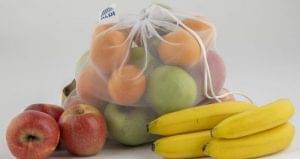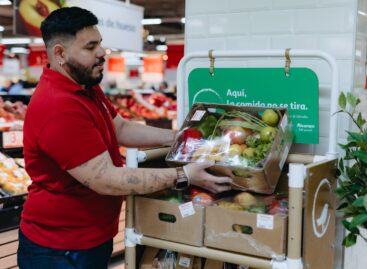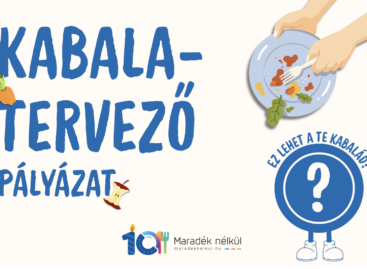Hard-to-recycle waste: solutions emerging, but the goal is still far away
Although more and more types of waste are becoming recyclable, the processing of many materials remains extremely costly and complicated, according to recent summaries by Euronews and Glass International, shared by Mfor.hu. Used diapers, cigarette butts and mobile phone display glass in particular pose a serious challenge for the industry.
 EU citizens produced an average of half a tonne of municipal waste per capita in 2023, of which only 48% was prepared for recycling. The EU target is 55% by the end of the year, but several member states – including Hungary – are still far from this.
EU citizens produced an average of half a tonne of municipal waste per capita in 2023, of which only 48% was prepared for recycling. The EU target is 55% by the end of the year, but several member states – including Hungary – are still far from this.
Traditional glass packaging can be easily melted, but the special, impact-resistant glass of mobile phones and LCD displays is much more difficult to handle. Researchers from the Everglass project are developing laser technology to solve the problem, while the US O-I Glass mobile recycling facility (MOGRA) can help process glass waste, especially in areas with poor infrastructure.
Food waste is also a huge problem: more than 59 million tonnes of food are wasted in the EU every year. The LANDFEED project is working on developing composting, while the Australian Food Recycle technology produces animal feed from food waste.
The reuse of used diapers is also a critical issue: 46 billion diapers are produced worldwide every year, and they can pollute the environment for up to 500 years. The Australian Diaper Recycle offers a unique solution: the diapers are broken down, the plastic is recycled, and the fiber is made into cat litter – but the service is still only available to a limited number of people.
Waste management is constantly evolving, but we still have to wait for affordable solutions that are accessible to everyone. In the meantime, consumer awareness and waste reduction play a key role in protecting the environment.
Related news
Carrefour and Coca-Cola are focusing on refillable glass bottles
🎧 Hallgasd a cikket: Lejátszás Szünet Folytatás Leállítás Nyelv: Auto…
Read more >Alcampo Boosts Fight Against Food Waste With ‘Happy Box’
🎧 Hallgasd a cikket: Lejátszás Szünet Folytatás Leállítás Nyelv: Auto…
Read more >Nébih’s 10-year-old Without a Trace program announces mascot design competition
🎧 Hallgasd a cikket: Lejátszás Szünet Folytatás Leállítás Nyelv: Auto…
Read more >Related news
How does the forint exchange rate affect consumer prices?
🎧 Hallgasd a cikket: Lejátszás Szünet Folytatás Leállítás Nyelv: Auto…
Read more >HELL CITY has arrived, led by Michele Morrone
🎧 Hallgasd a cikket: Lejátszás Szünet Folytatás Leállítás Nyelv: Auto…
Read more >







